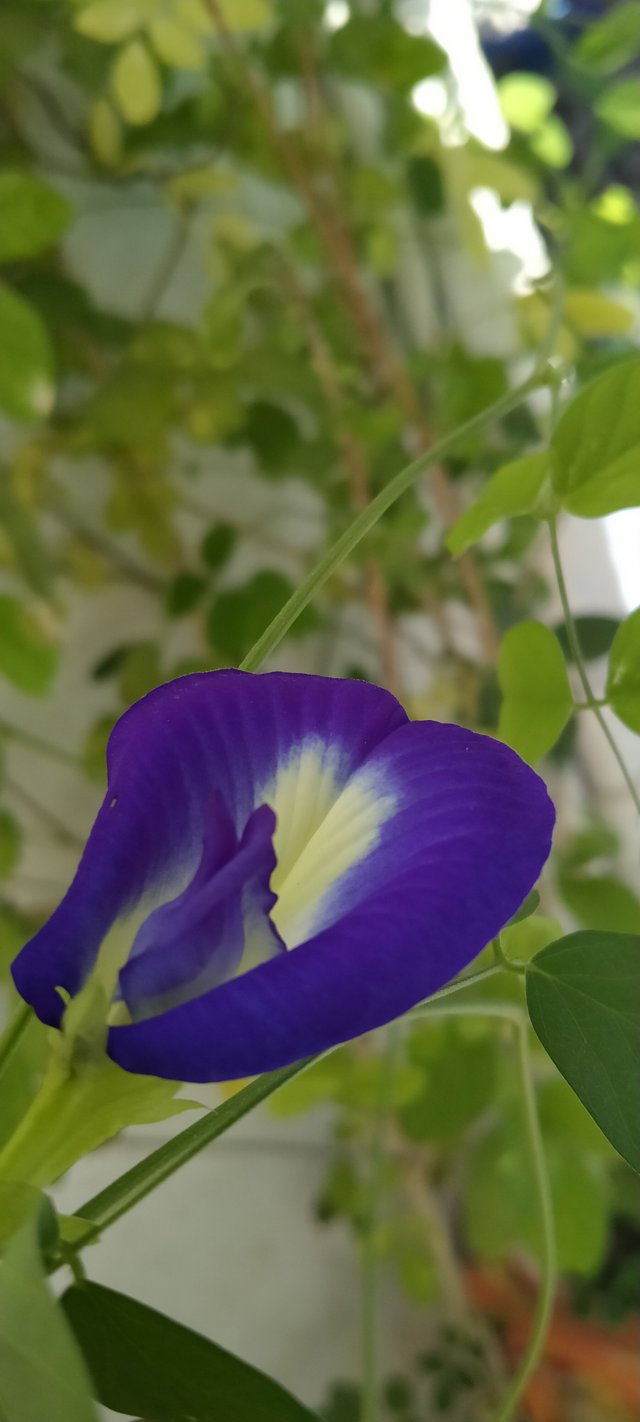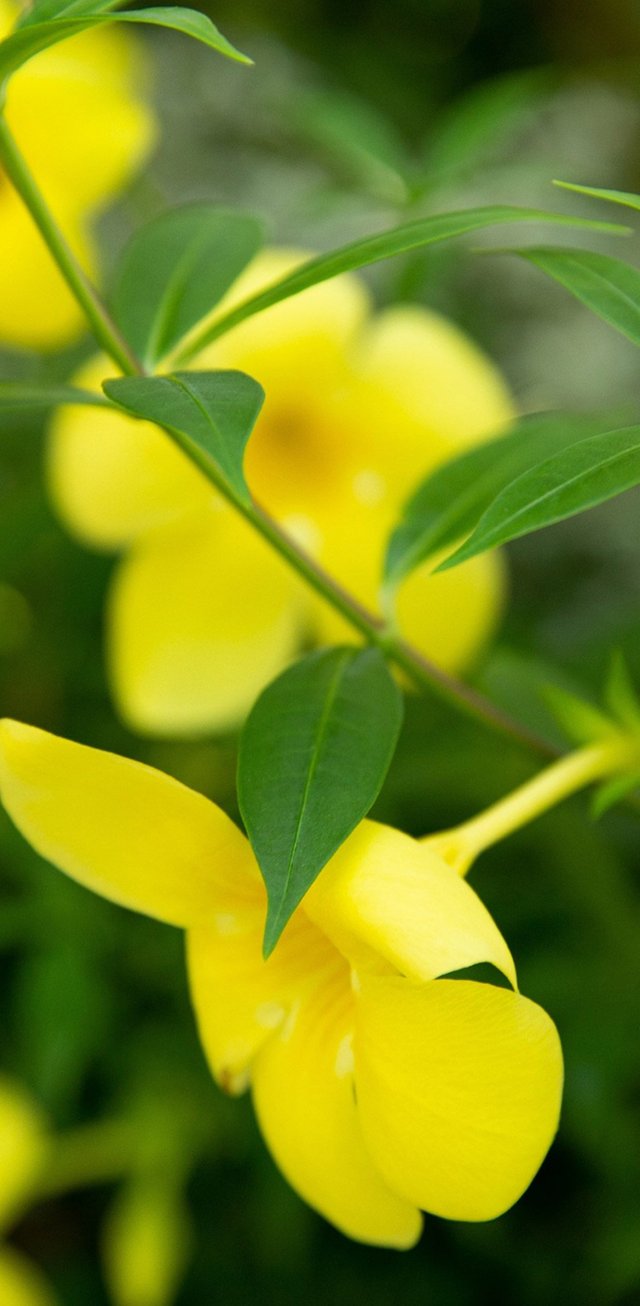Contest | Nature Photography @printskill
A Flower of Asian Pigeonwings Plant at My Home
A perennial herbaceous plant, with elliptic leaves, obtuse. It grows like a vine or creeper, doing well in moist, neutral soil. It is grown as an ornamental plant and as a variety of revegetation (e.g., in coal mines in Australia), which require little care when cultivating.
Like legumes, their roots form close bonds with soil bacteria known as rhizobia, which convert atmospheric bacteria into an active form of the plant (a process called nitrogen-fixing), and therefore, the plant is used to improve soil quality by decomposing nitrogen-rich plant material.
The most striking feature of this plant is the color of its flowers, bright blue; alone, with simple yellow markings. About 4 cm (1.6 in) long and 3 cm (1.2 in) wide. Some species produce white flowers.
The flower of this plant is 5-7 cm (2.0-2.8 in) long, flat with six to ten seeds in each pot. They are eaten when they are soft.

| Camera | Realme 5 Smartphone |
|---|---|
| Photo Dimension | 1800x4000 |
| Width | 1800 pixel |
| Height | 4000 pixel |
| Horizontal Resolution | 72 dpi |
| Verticle Resolution | 72 dpi |
| F-Stop | f/1.8 |
| Exposure Time | 1/392 sec |
| Focus Length | 4mm |
| White Balance | Auto |
| ISO Speed | ISO-100 |
| Bit Depth | 24 |
| Photo Taken Date | 21 August, 2018 |
| Photo Taken Time | 16:09 |
A Flower of Yellow Jasmine Plant at My Home
Yellow Jasmine is a small, well-developed shrub with many branches, growing to a height of 1 m or more, is very common in the Himalayan region.
It has green, angular branches. The leaves are folded 3-7 ovate into leather-like strips. The last leaflet is somewhat larger.
The inflorescences are salmon clusters of yellow tubular flowers at the ends of the branches. The flowers have a thin tube, 1-2 cm long, with five distributed leaves, about 6 mm. The Sepal tube is cup-shaped, only 3mm in size, with small triangular sepals.
Fruit is a black berry, 8mm in size, with red juice. Yellow Jasmine is found in the Himalayas, from Afghanistan to NE India and China, at altitudes of 1800-4000 m. Flowers: April-June.
Remedies: Warning: Unconfirmed details Flowers are invigorating and soothing to the heart and intestines. Glue made of flowers is considered to be effective in treating intestinal problems.
Root juice is used to treat ringworm. The milk of the dairy tree is used to destroy the unhealthy walls of the sinister layers of fistulas.

| Camera | Realme 5 Smartphone 4 Camera Focus Shot |
|---|---|
| Photo Dimension | 1800x3673 |
| Width | 1800 pixel |
| Height | 3673 pixel |
| Horizontal Resolution | 72 dpi |
| Verticle Resolution | 72 dpi |
| Bit Depth | 24 |
| Photo Taken Date | 21 August 2018 |
| Photo Taken Time | 16:04 |
CC to:
@open-theworld
My Country Reps:
@rishabh99946
@sapwood
@neerajkr03
@bestofindia
Thank you @printskill for inviting me in this community. I have joined and I like your yellow flower very much.
Thank you @mguru for your support.